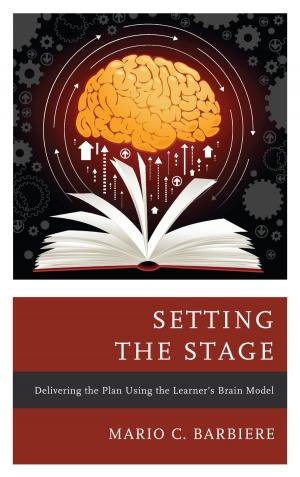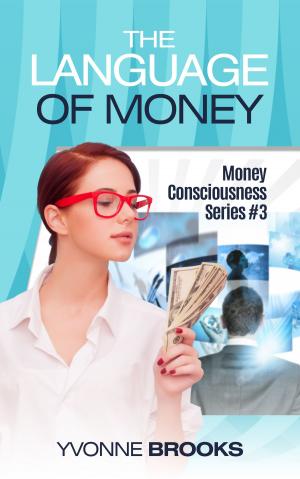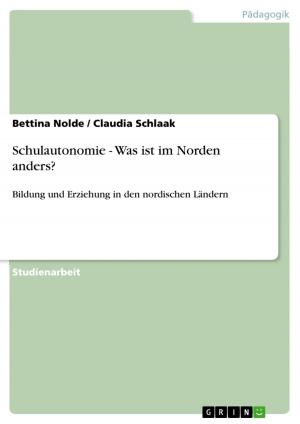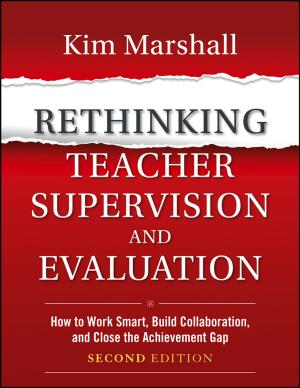A Primer of the Principles and Values of The Young Korean Academy
Nonfiction, History, Asian, Korea, Reference & Language, Education & Teaching, Administration| Author: | Marn J. Cha | ISBN: | 9781943050611 |
| Publisher: | HBE Publishing | Publication: | May 24, 2017 |
| Imprint: | Heliograph Publishing | Language: | English |
| Author: | Marn J. Cha |
| ISBN: | 9781943050611 |
| Publisher: | HBE Publishing |
| Publication: | May 24, 2017 |
| Imprint: | Heliograph Publishing |
| Language: | English |
This book is about both a person and an organization.
The person, Ahn Chang Ho, a Korean visionary, moralist, and patriot, was born in 1878, a tumultuous time in Asia. Japan, a rising military and industrial power, began to challenge the centuries-old Chinese dominance. It was their ambition to take control of Korea, then seize China itself, to become Asia’s supreme power.
This was not going to happen without resistance. The two powers go war over Korea from 1894 to1895, the first Sino-Japanese War.
China, already a declining power, loses, allowing Japan to eventually colonize Korea in 1910.
Hence, from 1910–1945, Koreans did not have their own country. The occupation lasted until Japan was defeated World War II. This thirty-five year period is, to Koreans, their era of infamy. They suffered through humiliation, being robbed of their culture, identity, and impoverishment at the hands of foreign rulers. It was a time of crisis and national tragedy. History shows that extraordinary situations produce extraordinary leaders.
Dosan Ahn Chang Ho is the most extraordinary leader Korea has ever produced. Dosan argued that actual cause of Koreans losing their country, was their faulty character. He challanged that Koreans lacked patriotism; public officials were corrupt. The people had to fend themselves. They would lie and cheat, if that is what it took to survive. There was no trust. Korea had becomean untrusting and loveless society, in need of a massive overhaul.
Culture and history had molded Korea’s character and personality.
Dosan asserted that unless Koreans change and reform their inner self, they would never regain their country.
He was not a person of talk and no action. He founded Young Korean Academy (YKA), as an organizational arm of his character reform movement, in 1913, in San Francisco.
Dosan Ahn Chang Ho is an extraordinary leader Korea has ever produced. Dosan argued that what really got the Koreans to lose their country was their faulty character. To begin with, Koreans lack patriotism. Public officials are corrupt. The people have to fend themselves. They lie and cheat if that is what it takes to survive. They do not trust each other. Korea turned into untrusting and loveless society, needing a massive overhaul.
Culture and history molded the Koreans’ character and personality. Nonetheless, Dosan asserted that unless Koreans change and reform their inner self, they wouldn’t be able to get their country back. Even if they do, they will lose it again. He was not a person of just talk and no action. He founded Young Korean Academy (hereafter YKA), an organizational arm of his character reform movement, in 1913, in San Francisco.
This book is about both a person and an organization.
The person, Ahn Chang Ho, a Korean visionary, moralist, and patriot, was born in 1878, a tumultuous time in Asia. Japan, a rising military and industrial power, began to challenge the centuries-old Chinese dominance. It was their ambition to take control of Korea, then seize China itself, to become Asia’s supreme power.
This was not going to happen without resistance. The two powers go war over Korea from 1894 to1895, the first Sino-Japanese War.
China, already a declining power, loses, allowing Japan to eventually colonize Korea in 1910.
Hence, from 1910–1945, Koreans did not have their own country. The occupation lasted until Japan was defeated World War II. This thirty-five year period is, to Koreans, their era of infamy. They suffered through humiliation, being robbed of their culture, identity, and impoverishment at the hands of foreign rulers. It was a time of crisis and national tragedy. History shows that extraordinary situations produce extraordinary leaders.
Dosan Ahn Chang Ho is the most extraordinary leader Korea has ever produced. Dosan argued that actual cause of Koreans losing their country, was their faulty character. He challanged that Koreans lacked patriotism; public officials were corrupt. The people had to fend themselves. They would lie and cheat, if that is what it took to survive. There was no trust. Korea had becomean untrusting and loveless society, in need of a massive overhaul.
Culture and history had molded Korea’s character and personality.
Dosan asserted that unless Koreans change and reform their inner self, they would never regain their country.
He was not a person of talk and no action. He founded Young Korean Academy (YKA), as an organizational arm of his character reform movement, in 1913, in San Francisco.
Dosan Ahn Chang Ho is an extraordinary leader Korea has ever produced. Dosan argued that what really got the Koreans to lose their country was their faulty character. To begin with, Koreans lack patriotism. Public officials are corrupt. The people have to fend themselves. They lie and cheat if that is what it takes to survive. They do not trust each other. Korea turned into untrusting and loveless society, needing a massive overhaul.
Culture and history molded the Koreans’ character and personality. Nonetheless, Dosan asserted that unless Koreans change and reform their inner self, they wouldn’t be able to get their country back. Even if they do, they will lose it again. He was not a person of just talk and no action. He founded Young Korean Academy (hereafter YKA), an organizational arm of his character reform movement, in 1913, in San Francisco.















